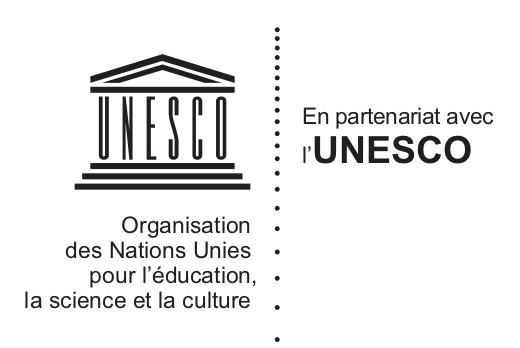Ex gratia payment/versement à titre gracieux
Canon Tables – Western Prelacy of the Armenian Apostolic Church of America and J. Paul Getty Museum
The Canon Tables of the Zeyt’un Gospels were illegally separated from the manuscript sometime between 1915-1923. Having discovered that the Tables had been stolen and were held at the J. Paul Getty Museum in California, the Western Prelacy of the Armenian Apostolic Church engaged in a legal battle with the Getty regarding the restitution of the Tables. After five years, the two sides reached a settlement in 2015.
Four Old Master Drawings – Feldmann Heirs and the British Museum
In May of 2002, the British Museum was confronted with a restitution claim by the heirs of the Second World War victim, Arthur Feldmann, regarding four Old Master drawings. The Commission of Looted Art Europe, who represented the claimant, and the British Museum, jointly sought guidance from the Spoliation Advisory Panel. After deferral of the Attorney General, the High Court held that under the British Museum Act the Museum could not restitute an object in order to meet a moral obligation without an Act of Parliament. Eventually, the British Museum followed the recommendation of the Spoliation Advisory Panel and compensated the family with an ex gratia payment.
Pâté de Jambon – Anonymous German Heirs and Glasgow City Council
“Pâté de Jambon”, a painting by Jean-Baptiste-Siméon Chardin, was the object of a forced sale in 1936. The owners, the Jewish shareholders of an art gallery, were forced to sell the artwork to meet an unfair Nazi tax demand.
Young Couple in a Landscape – Feldmann Heirs and British Museum
Czech-Jewish Arthur Feldmann’s collection of drawings, including “Young Couple in a Landscape”, was illegally seized and liquidated by the Gestapo in 1939. The painting was later acquired by the collector Edmund Schilling in the 1960s, who donated it to the British Museum in 1997. Uri Peled, Feldmann’s grandson, made a claim to the drawing a few years later.
Document Actions










